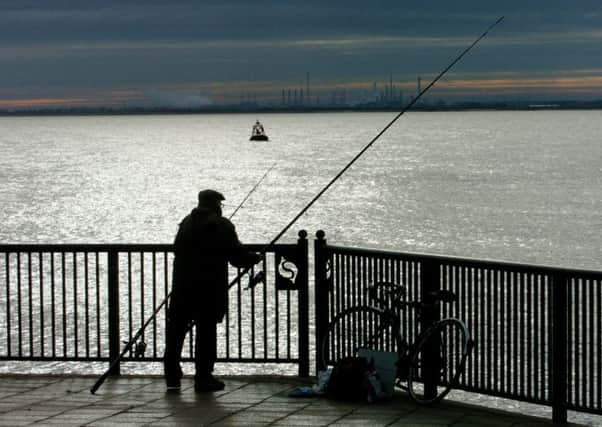Leeds watercourse '˜heavily contaminated' with harmful pesticides


Wyke Beck, Halton, is one of eight rivers, including the Ancholme in Lincolnshire, which exceed chronic pollution levels for neonicotinoids.
Neonicotinoids are the world’s most widely used insecticide but the EU banned their use on flowering crops four years ago, after tests showed they harm bees.
Advertisement
Hide AdAdvertisement
Hide AdLast month Environment Secretary Michael Gove said advice from Expert Committee on Pesticides means the Government will now back a total ban on neonicotinoid pesticides.
The insect charity Buglife obtained the results of a pilot monitoring scheme, which looked at 23 sites in 2016.
It found 88 per cent of the British sites were contaminated and two, the river Waveney on the border between Norfolk and Suffold and the Tame in the West Midlands, were acutely polluted.
Buglife said the pollutants were likely to have a significant impact on mayflies and other insects, depriving fish and birds of a food source.
Advertisement
Hide AdAdvertisement
Hide AdConcerns have been raised about high levels of one of the pesticides - imidacloprid - found in urban rivers like the one in Leeds and also a remote Cairngorms stream.
Now a rare arable insecticide, it persists in soil and so can pollute water for years. It is still used in greenhouses and as a flea treatment - the likely source of the pollution at Wyke Beck. Chief executive of Buglife Matt Shardlow said flea treatments should be used “very sparingly and absolutely where necessary.”
He said: “We know imidacloprid at very low levels, the sorts of levels we are seeing in rivers, causes fatalities in aquatic insects. We also know it causes sub-lethal effects such as changes in feeding rates and reduced emergence. Aquatic invertebrates keep rivers clean and healthy and are essential food for fish and birds - without aquatic invertebrates aquatic systems fall apart.”
Mark Lloyd, chief executive of the Angling Trust, said the results were “highly alarming”. He added: “We urge the government to act urgently to ban continued use of these chemicals to protect wildlife, fisheries and drinking water supply.”